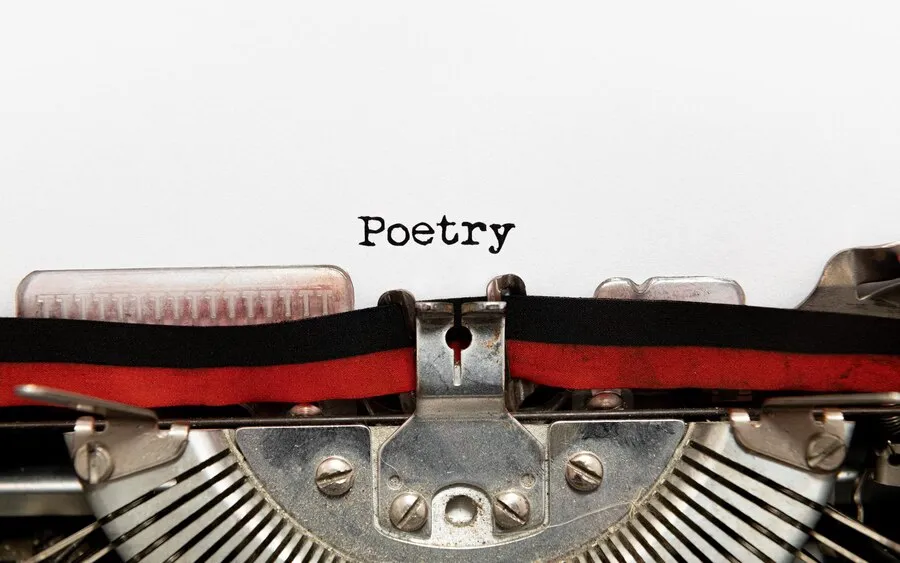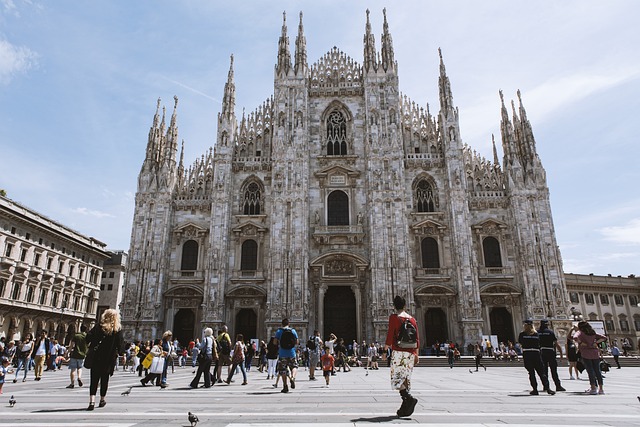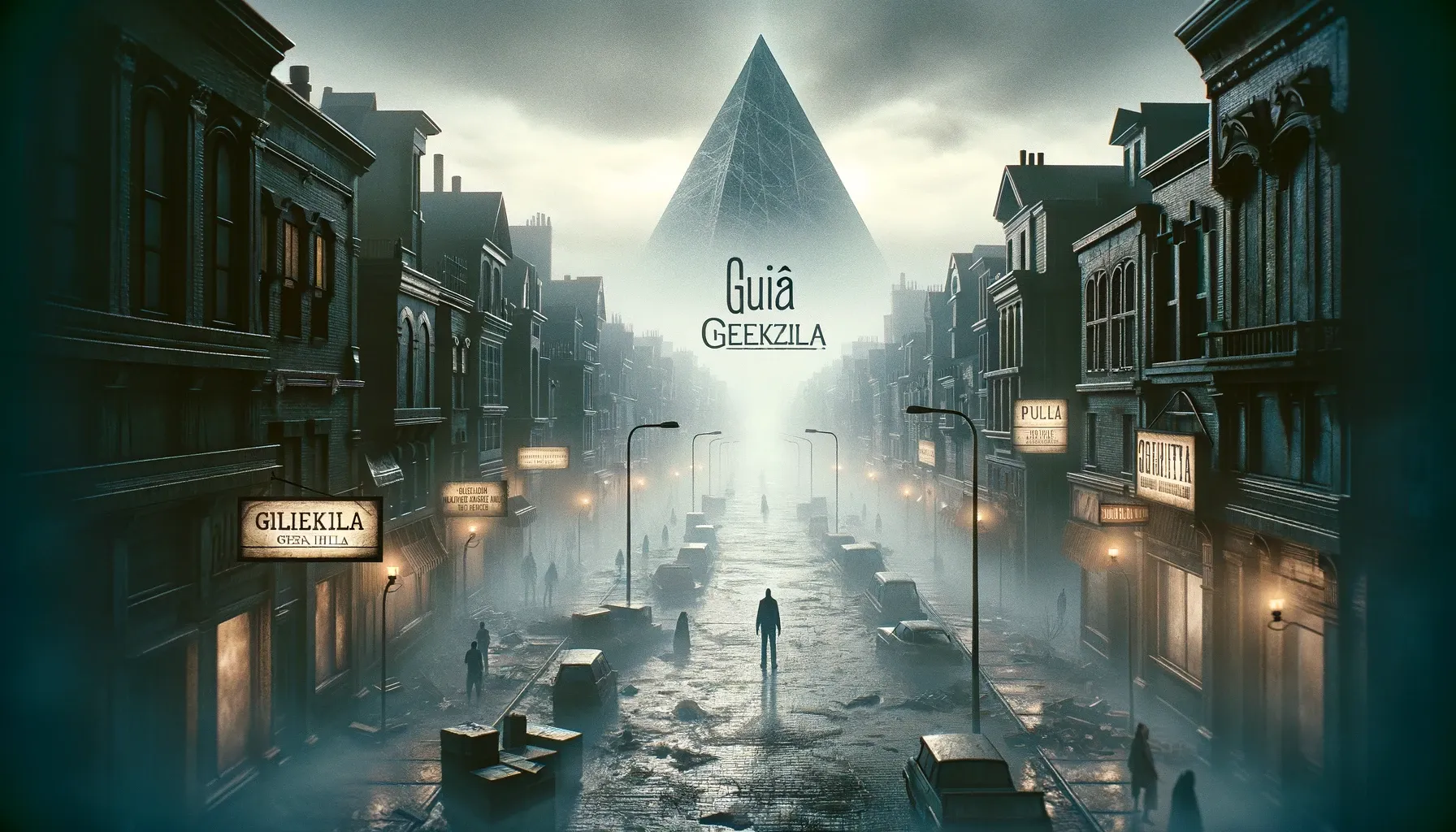Table of Contents
Key Takeaways
- Modernism in poetry is about rejecting traditional styles and embracing new ways of expression.
- Poets seek creative freedom, experimenting with form, style, and language.
- This movement has had a lasting influence on contemporary poetry.
- Numerous poets have contributed to the modernist movement, offering unique perspectives and styles.
Introduction to Modernism in Poetry
Modernism in poetry represented a radical deviation from the established norms of the literary arts. Born at the turn of the 20th century, this movement responded to sweeping societal, cultural, and technological changes. The advent of urbanization, rapid technological advancements, and the aftershocks of global conflicts provided fertile ground for poets to reassess and redefine creative expression. In this context, modernism emerged, challenging poets to revolutionize how poetry was written and perceived.
One of the primary pillars of modernism was the rejection of conventional styles of poetry, allowing poets to seek liberation from the constraints of fixed forms. This freedom opened up various possibilities for experimentation with form, language, and subject matter, reflecting modern life’s complex and often alienating realities. By embracing these changes, modernist poets were able to infuse their works with a raw, unabridged authenticity that resonated deeply with the times.
The Drive for Creative Freedom
The pursuit of creative autonomy lies at the core of modernist poetry. Visionary poets such as T.S. Eliot and Ezra Pound spearheaded this movement, driven to break free from the traditional constraints that had long governed poetic expression. Their collective works underscore a seismic shift in how poetry was conceived, composed, and consumed. By leveraging personal and subjective experiences, these poets sought to redefine poetry as a medium of individualized expression rather than a bastion of timeworn conventions.
This quest for unrestrained creativity encouraged poets to explore diverse themes, ranging from the fragmentation of identity in an increasingly mechanized world to the existential angst of the human condition. Their poems became a conduit for exploring the depths of human emotion and intellect, challenging readers to question their understandings and assumptions. This methodical investigation of fresh story possibilities produced a legacy that still influences the field of literature today, reflecting the more significant cultural changes of the time.
Elements of Modernist Poetry
The hallmarks of modernist poetry include a notable departure from traditional forms such as fixed meter and rhyme. Instead, poets embraced free verse and innovative structures to introduce new rhythms and cadences. The ability to change their style allowed them to explore uncertainty and intricacy, frequently marked by division, contrast, and rich visuals. This enabled them to accurately portray the turmoil and lack of clarity in a world that is changing rapidly.
Techniques like symbolism and vivid, often abstract imagery became prominent tools for modernists, enabling them to communicate complex ideas and emotions without overt explanation. Poets often employ stream-of-consciousness writing to mimic the ebb and flow of human thought, thus inviting readers to engage with the text more intimately. The innovation of these literary devices enabled modernist works to resonate with a sense of immediacy and realism that set them apart from their predecessors.
Significant Modernist Poets
The modernist movement saw the emergence of numerous influential poets whose contributions reshaped the literary landscape. T.S. Eliot’s “The Waste Land” is widely regarded as a seminal work that encapsulates the spirit of modernism with its intricate web of imagery, cultural references, and thematic depth. Through Eliot’s fragmentation and allusion, the poem reflects the pervasive disillusionment and cultural upheaval of the post-World War I era.
Similarly, Ezra Pound’s “The Cantos” is a monumental effort to catalog the historical and cultural forces shaping humanity. Pound’s command of language and his willingness to experiment with form demonstrated the unbounded potential of modernist poetry. Collectively, these poets and their contemporaries forged a path for literary innovation that influenced generations of writers, pushing the boundaries of what poetry could achieve.
Impact on Contemporary Poetry
Modernism’s disruptive impact has reverberated throughout contemporary poetry, leaving a lasting mark on how poets approach the art form. By tearing down the walls of prescriptive rules and embracing creative diversity, the modernist movement has paved the way for new generations to explore poetry with unprecedented freedom. The result is a literary climate where boundaries are meant to be tested, allowing poets to incorporate diverse voices and perspectives.
Modernist principles continue to influence contemporary poetry, as seen in the works of modern poets who employ similar techniques to express contemporary themes and issues. This movement’s legacy is evident in how it encourages poets to reflect on the complexities of the modern experience, adapting to new technologies and cultural shifts while maintaining a dialogue with the past.
Learning More About Poetry
For those intrigued by the transformative power of modernist poetry, a treasure trove of resources awaits exploration. From academic journals to public literary forums, there is no shortage of platforms to engage with classic texts and contemporary interpretations. Online communities provide a space for dialogue and exchange, enriching one’s understanding of poetry and its ongoing evolution.
Access to such resources enables readers and aspiring poets to connect with the rich tapestry of poetic expression. By immersing themselves in the vast body of work produced by modernists and their descendants, people can join in lively discussions about the future directions of poetry and acquire essential insights into the craft of poetry.
Also Read: Edinburgh Festivals and Crypto: A Marketing Opportunity for Local Vendors
Final Thoughts
Modernism in poetry signifies more than a mere movement; it represents a bold pursuit of creative liberation. Modernist poets left an indelible mark on the literary world by defying traditional norms and spearheading a revolution in poetic thought. As readers engage with this genre, they partake in an enduring narrative of innovation and artistic courage. The legacy of modernism inspires those who dare to break the rules, ensuring that poetry remains a dynamic and ever-evolving art form for generations to come.




